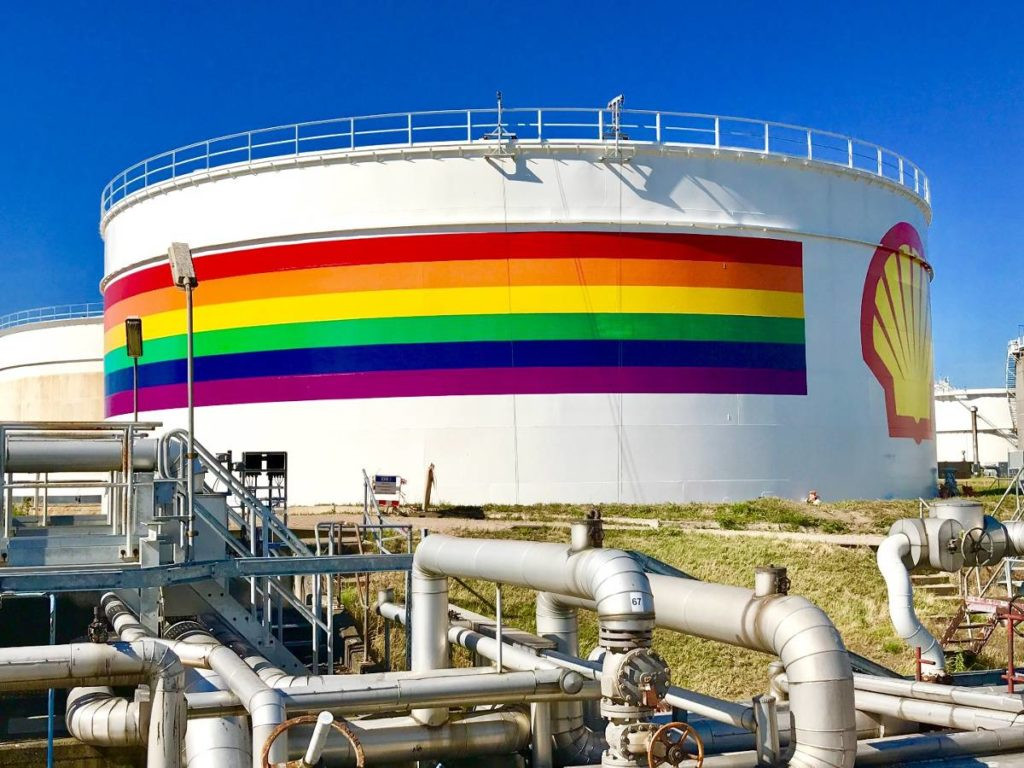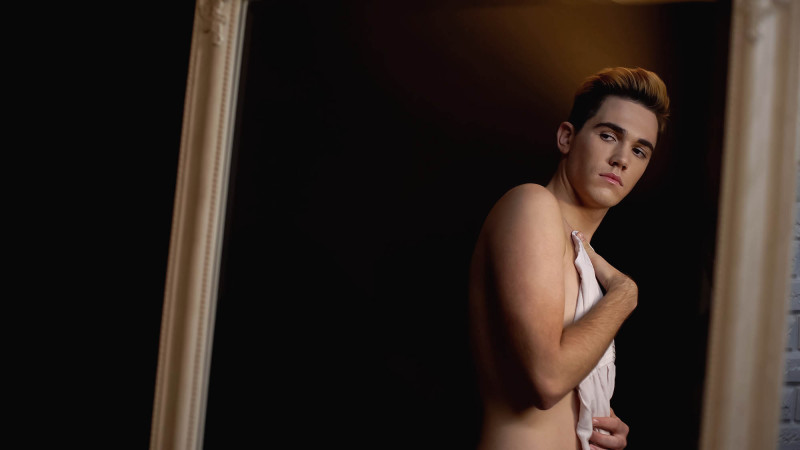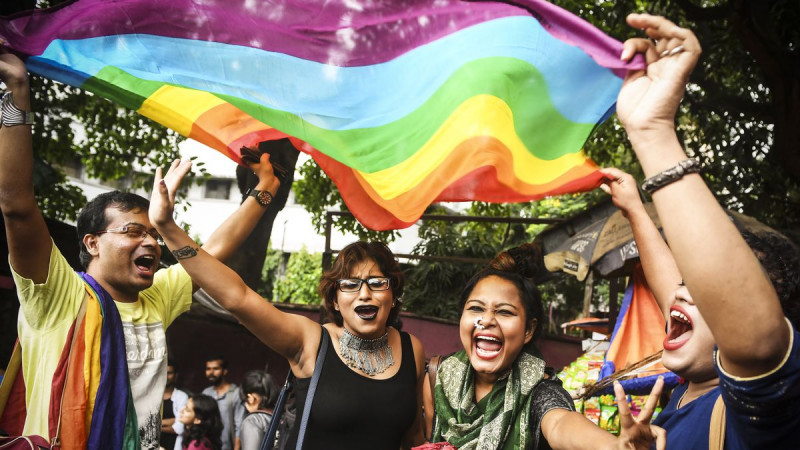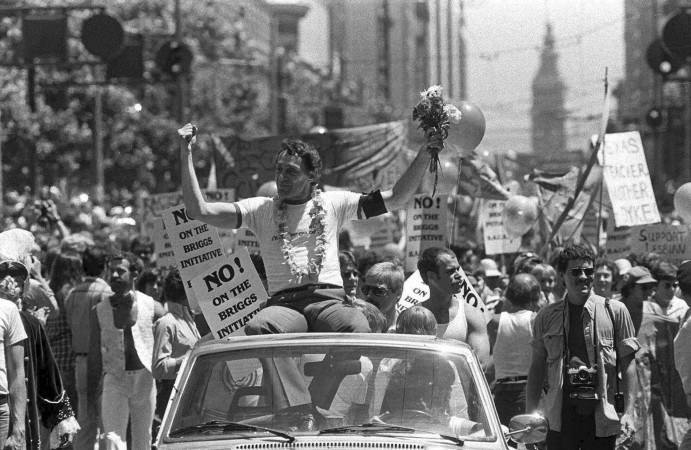Shell: Supporting our LGBT talent
Shell, one of the world's largest petrochemical companies, announced that it supports LGBT staff
14/Mar/19
4211
One of the world's largest petrochemical companies, Shell, said on its "Career" page that the company do not discriminate on gender identity and sexual orientation, and said it is proud of its LGBT staff.
Shell mentioned on its webpage: "When our employees excel, we excel. It’s for this reason that we are proud to support our lesbian, gay, bisexual and transgender (LGBT) staff, promoting equality for employees regardless of sexual orientation or gender identity."
The lack of the attention to the ecology by Shell which has an average of 86,000 employees in more than 70 countries, is more discussed on the world media, rather than attention to the rights of LGBTI employees. The company came up with an oil leak in the Gulf of Mexico in 2016. Additionally, the area where the people of Ogoni live in Nigeria is being destroyed because of the pollution caused by Shell.

Discrimination affects economic development
According to Nafas LGBT Azerbaijan Allianc`s research, one of the factors that affect the emergence of the existing incentive environment is work climate factor. Discrimination against LGBTI people is more widespread and socially accepted than virtually any other kind of discrimination in Azerbaijan. Because of the oppressive social construction of gender and related norms the economic potential of LGBTI people is also limited by exclusion from the workplace and economic advantages. Discrimination against sexual and gender minorities also has clear impacts on their families, such as when entire households suffer due to the presence of a single family member who is seen as part of a sexual or gender minority. LGBTI people face two kinds of discrimination: exclusion when seeking to enter into the workplace (1), once on the job, LGBTI people face harassment and few opportunities for advancement (2). On average, LGBTI people earn less than heterosexual, cisgender people and are more likely to be living in poverty. The earnings penalty is greater for gay men than for lesbians and by far the most severe for transgender people.



